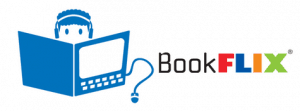calsfoundation@cals.org
Not Forgotten: A Teen’s Mission of Thanks to Korean War Veterans
Reaching Out to Make Contact Through the Library’s Archives
Today’s world holds two Koreas: one, a free, democratic society, the other, a tyrannical dictatorship known for human suffering worse than any Orwellian dystopia. For many Americans, it may be easy to forget that a major reason South Korea exists in freedom today is because of the sacrifices of many of our citizens who fought in the Korean War. But for one Arkansas teenager, the veterans of the war will never be forgotten.
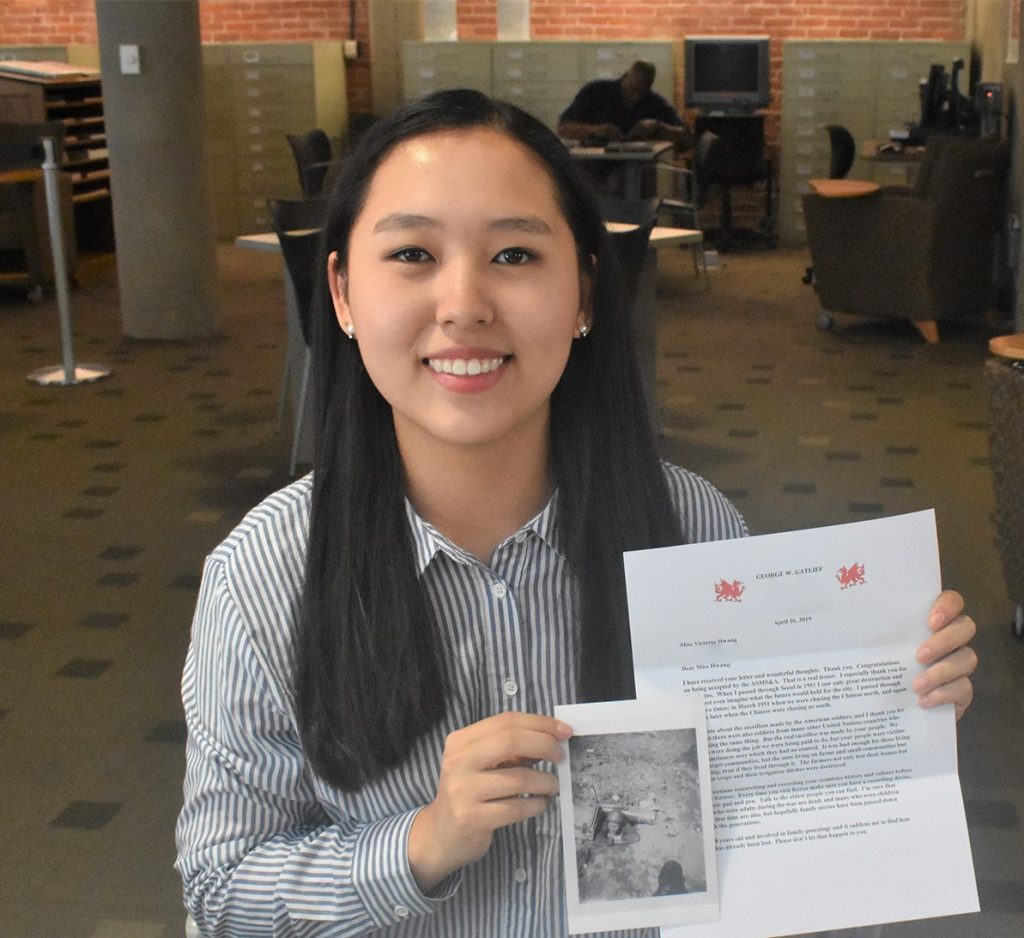
Victoria Hwang’s parents emigrated to the United States as graduate students in the 1990s, long after the Korean War ended. But Victoria can’t forget that the reason her parents could pursue their dreams, keep their cultural heritage, and even emigrate to the U.S.A. was because they grew up in a democratic South Korean society, with freedom bought at a steep price by those who went to war.
Victoria decided to let Arkansas veterans who fought in the Korean War know in a very personal way that she remembers them and is full of gratitude for what they did for her family and for South Korea. Her mission of thanks began with her first exposure to the significance of the war.
Inspired by Family History
“I first learned about the Korean War from my dad when I was in middle school,” Victoria said. “He told me how the war meant a lot to him because it allowed his culture to be preserved.”
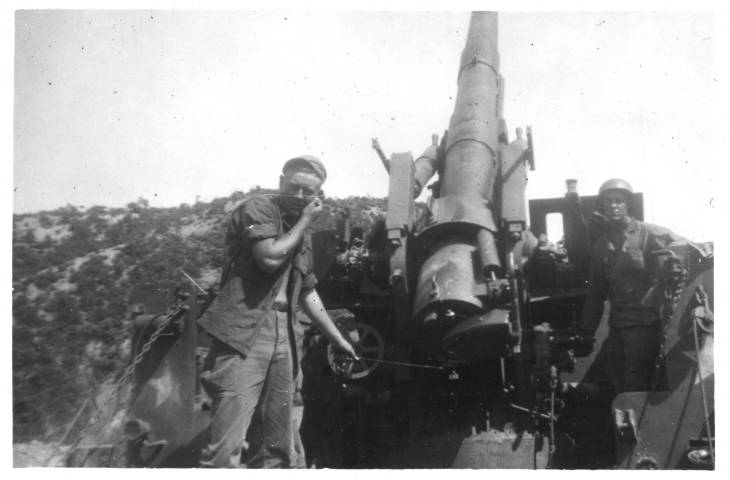
In high school, Victoria learned more about the Korean War in history classes, as she studied the cause of the war and its global context. Then, she found new inspiration to do more for the veterans.
“Just recently, my dad started to work for the Army Corps of Engineers, because he wanted to give back to the country that allowed him to strive for the American dream when he first came here as an immigrant himself,” Victoria said. “I thought that was very inspirational—I wanted to also do the same, give back to this country, and thank those who were able to give me my identity and my family’s history.”
Finding History Online through the CALS Digital Collections
While researching, Victoria found the special online collection about the Korean War curated by the CALS Butler Center for Arkansas Studies. In 2008, the archivists at the Butler Center started a special effort to gather materials from veterans of the war in order to preserve their memories, letters, and photographs before time erased them. That online archive now contains a database listing a number of Korean War veterans from Arkansas. As Victoria browsed through the online collection, she realized this could be her chance to make contact.
“I thought this database could be a great tool to reach out to some of the veterans and thank them, before it’s too late, for everything they’ve done,” she said.
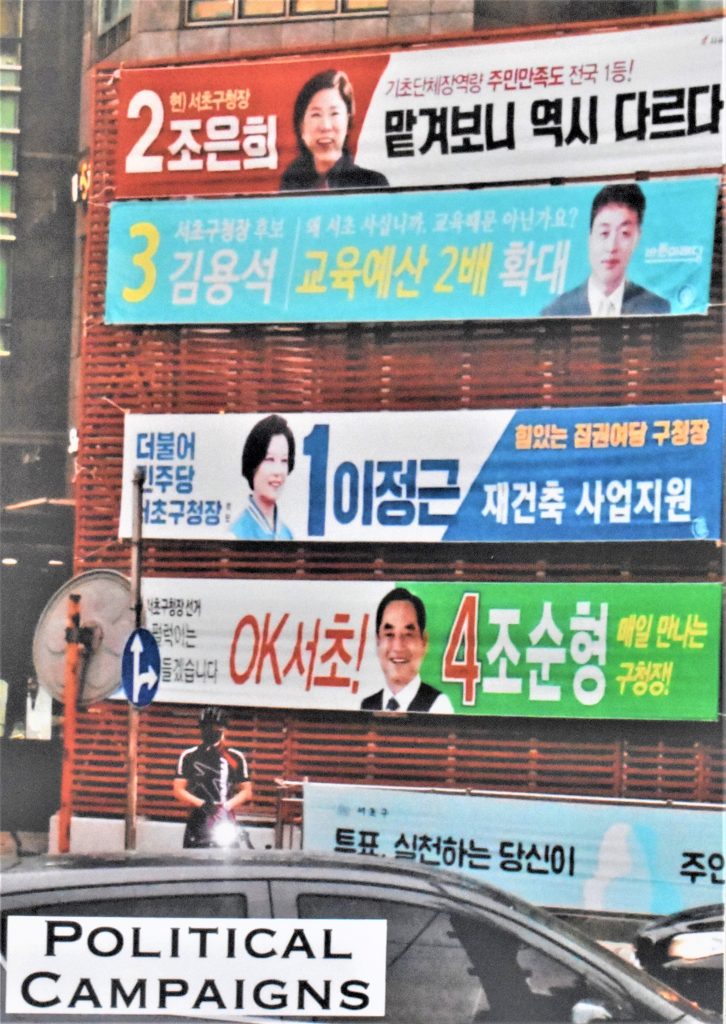
Victoria contacted archivist Brian Robertson through the website. Robertson arranged to mail her letter of gratitude to selected veterans on her behalf.
In her letter, Victoria included photos from her recent trip to South Korea. She labeled them to show the significance of what the Arkansas veterans had helped preserve and build: a 21st century democracy’s skyscrapers, beach resorts, shopping centers and lovely historical buildings. Most poignant of all was her photo of a number of political banners showing candidates for election in a free society.
A Response to Remember
But the project didn’t end with Victoria’s letter and photos. Instead, some of the veterans wrote her back gracious letters thanking her in turn for the impulse behind her letters. Some of them described their war experiences in moving terms.
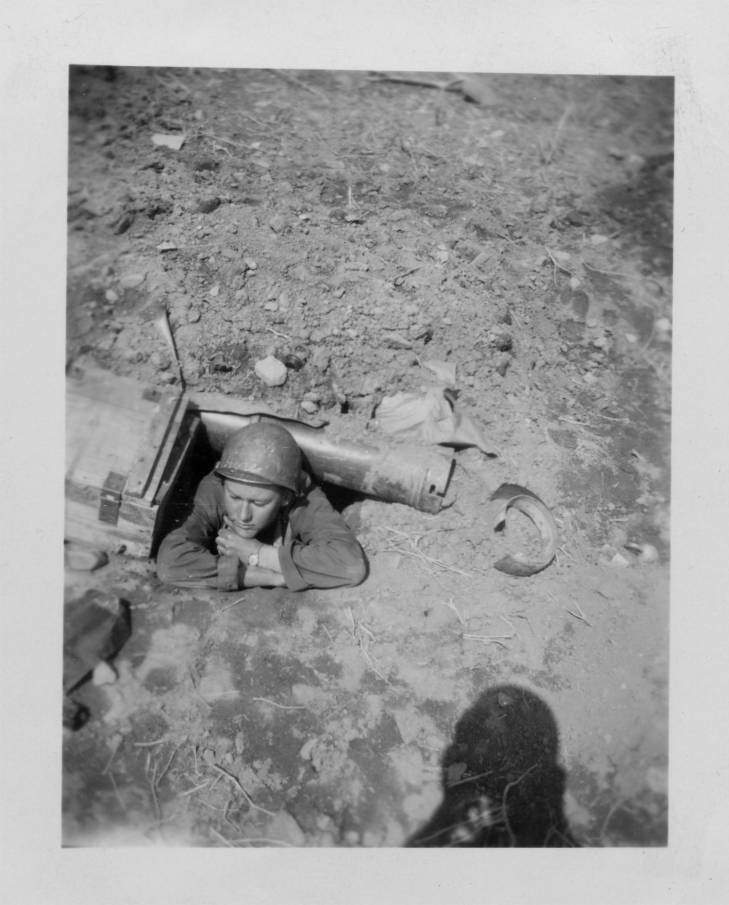
One of her veteran correspondents was George Gatliff. Victoria had previously seen some of his materials and his story in the online archive, and his letter brought new insight. “It was very neat to actually hear about his story from his own perspective,” she said.
Like many veterans, George Gatliff was humble in his letter to Victoria about his own efforts, and also referred to the enormous sacrifice made by the Korean people during the war as they lost their homes and livelihoods. He reminded her in eloquent words of the importance of what she was doing. “Please continue researching and recording your country’s history and culture before it is lost forever,” he wrote. “Every time you visit Korea make sure you have a recording device, and a note pad and pen. Talk to the oldest people you can find . . . hopefully, family stories have been passed down through the generations.”
Other veterans wrote her back with sobering details about their experiences: frostbite, illness, being held as prisoners of war. All were touched by her desire to remember them and thank them.
Knowledge, the Root of Freedom
Victoria said that her experience with the project and her study of the two Koreas has left an indelible impression on her. She has a new respect for knowledge when she thinks about the free flow of information in South Korea, compared to the suffocating propaganda of North Korea’s dictator. “Kim Jong Un is restricting [the North Koreans’] access to information and limiting them in what their world has to offer. He’s really trying to keep that under control before people start to get ideas and make their own choices. I think it’s a true image of how powerful knowledge is, because that’s what he’s trying to restrict in his country.”
Veteran George Gatliff commented in a telephone interview on his appreciation for Victoria’s project, noting the contrast between her attitude toward the war and its significance, and the current widespread lack of understanding or knowledge of the war or of North Korea’s cruel dictatorship.
He pointed out that the suffering of North Korea is visible even in images. “If you look at Google Earth and check out the night view of Korea, you’ll see that everything south of the DMZ is lit up, but in North Korea, it’s all dark except for a couple of places. It’s something you can show kids: the good guys are here, in the light, and the bad guys are in the dark. You can see the DMZ as a very distinct line between them.”
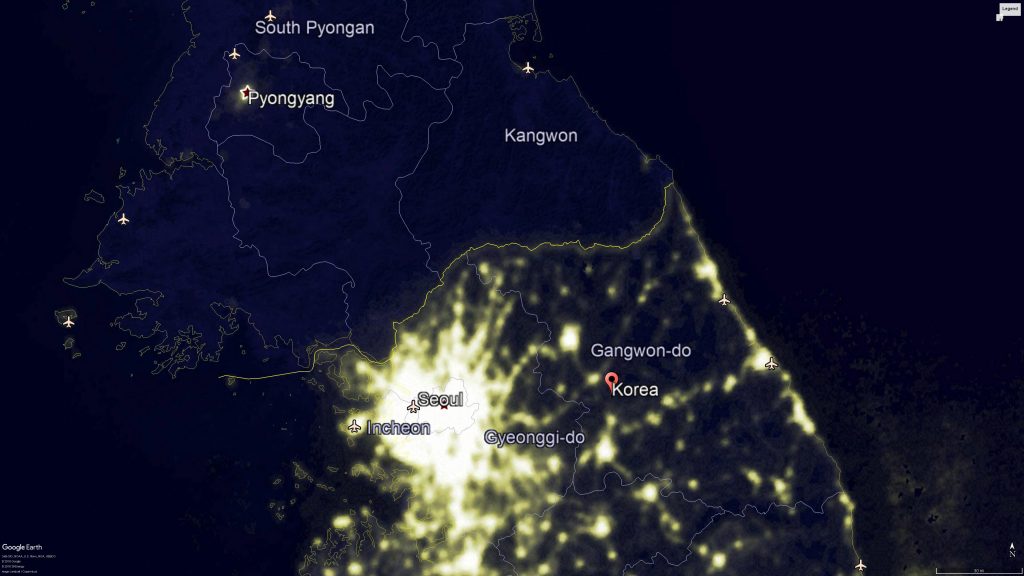
Holding History in Her Hands
Victoria’s new attachment to knowledge and history was palpable during her recent visit to the CALS Roberts Library Research Room, which holds the actual paper copies of letters many of the veterans wrote home during the war.
She cradled one of the letters in her hands. “Seeing these letters in person is amazing. Before, I’ve always seen them under glass. And it’s so much better to reach out and make contact with these people in person. It means so much more than just learning about them out of a school curriculum.”
Victoria Hwang now knows the full meaning of her history: her family’s past is always with her, part of her selfhood, as a living web of human stories that connects her to others in ways she has richly explored. Her point of connection was the library’s archive, through which she could make contact with those living people in her area who had also been woven into the story of the Korean War. Her mission of thanks not only speaks volumes about this teenager’s insight and her character, but also shows how libraries and archives become meeting places across generations, where people find themselves in a greater story and learn empathy and respect for others. And as Victoria now joins all the others who learn from history to cherish human freedom and oppose tyranny, she becomes one more point of light on George Gatliff’s Google Earth map.
(Photos of George Gatliff from the George W. Gatliff Korean War Collection of the CALS Butler Center for Arkansas Studies.)
Find “Forgotten: The Arkansas Korean War Project” online here.



